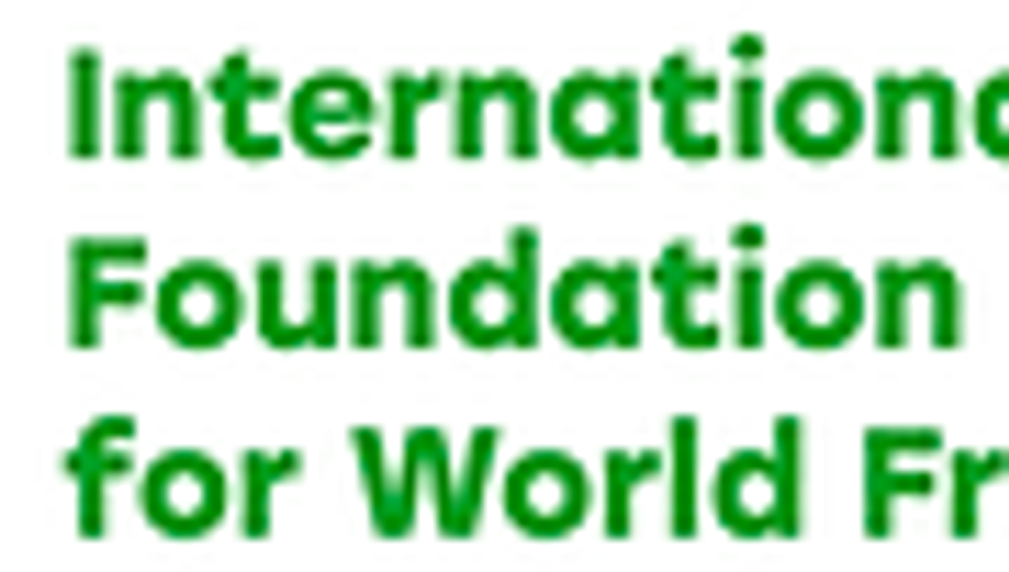Financial Literacy Program
IFWF has developed a financial literacy course geared specifically towards immigrants and refugees that accounts for their unique challenges. The course topics include, but are not limited to, budgeting, opening a bank account, electronic transactions, understanding credit and maintaining good credit, filing taxes, and savings. The lessons were written in basic English and will be accompanied by translations into the official languages of the United Nations. The course will be provided entirely for free.

What is the primary issue area that your application will impact?
Immigrant and Refugee Support
In which areas of Los Angeles will you be directly working?
Central LA
East LA
San Gabriel Valley
San Fernando Valley
South LA
West LA
South Bay
Antelope Valley
County of Los Angeles
In what stage of innovation is this project, program, or initiative?
Pilot or new project, program, or initiative
What is your understanding of the issue that you are seeking to address?
Owing to challenges such as language barriers, a lack of familiarity with the economy, and other cultural differences, immigrants and refugees struggle to learn about how to become financially secure in the United States. IFWF has developed a financial literacy course geared specifically towards immigrants and refugees accounting for their unique challenges. At the end of the course, students will have a better understanding of their financial situation in the context of living in the US and will be equipped to responsibly handle their finances. This will set them up for success in other interdisciplinary aspects of life. The course will cover many important topics, including budgeting, opening a bank account, understanding and building credit, taxes, and savings. Each lesson has practical goals students will meet as they progress through the course. For instance, an after the budgeting lesson students will be able to prepare their own budget for their monthly income and expenses.
Describe the project, program, or initiative this grant will support to address the issue.
While many financial literacy courses exist, IFWF created a course that uniquely accounts for the specific needs of immigrants and refugees in Southern California. The course contains topics that will be particularly valuable to new Americans, accounting for gaps in information that they may hold. Furthermore, the financial literacy course is written in basic English and will include translations into the highest-need languages, with specific representation of immigrants in California: Spanish, Arabic, Mandarin, French and Russian. IFWF is capable of providing the course directly to refugees and immigrants who already have ties to the organization. The course will be offered for free and entirely online, and IFWF offers participants help in accessing the course.
Describe how Los Angeles County will be different if your work is successful.
IFWF currently directly serves over 500 families with other programs for refugees monthly in California. This California audience will benefit from our new Financial Literacy Program first. We will indirectly serve members of other agencies that are in our network through the Network4Home project. This network joins 17 nonprofit organizations in Southern California. We estimate over 10,000 users on a monthly basis through it. Given the scope of our reach, improving financial literacy outcomes for our students will impact Los Angeles County at the family, neighborhood, and city levels. Families will have a better understanding of their own finances. In addition, they will have a better understanding of how to contribute to neighborhood-level economies with employment and local spending. This impact across many communities will ultimately increase responsible financial practices across Los Angeles County as a whole.
What evidence do you have that this project, program, or initiative is or will be successful, and how will you define and measure success?
The instruments for evaluation are: -The satisfaction survey will be given to participants upon course completion. It will be used to understand the most / least favorable content, materials, and methods delivery. -The pre and post-test will be administered to participants at the beginning and end of the course. The results will be compared to show how much each participant has learned during the course. It will be used to improve on program learning objectives. -The mini module quizzes will be implemented at the end of each module. These quizzes will be used to understand which modules or sections of the course produced stronger learning outcomes and make improvements on ones that show the least retention of materials. -The post interview will be administered at the end of course for interested participant to understand the strengths and weaknesses of the course. This will help improve the program's inclusivity, methods of course delivery, and most and least successful elements.
Approximately how many people will be impacted by this project, program, or initiative?
Direct Impact: 500
Indirect Impact: 5,000